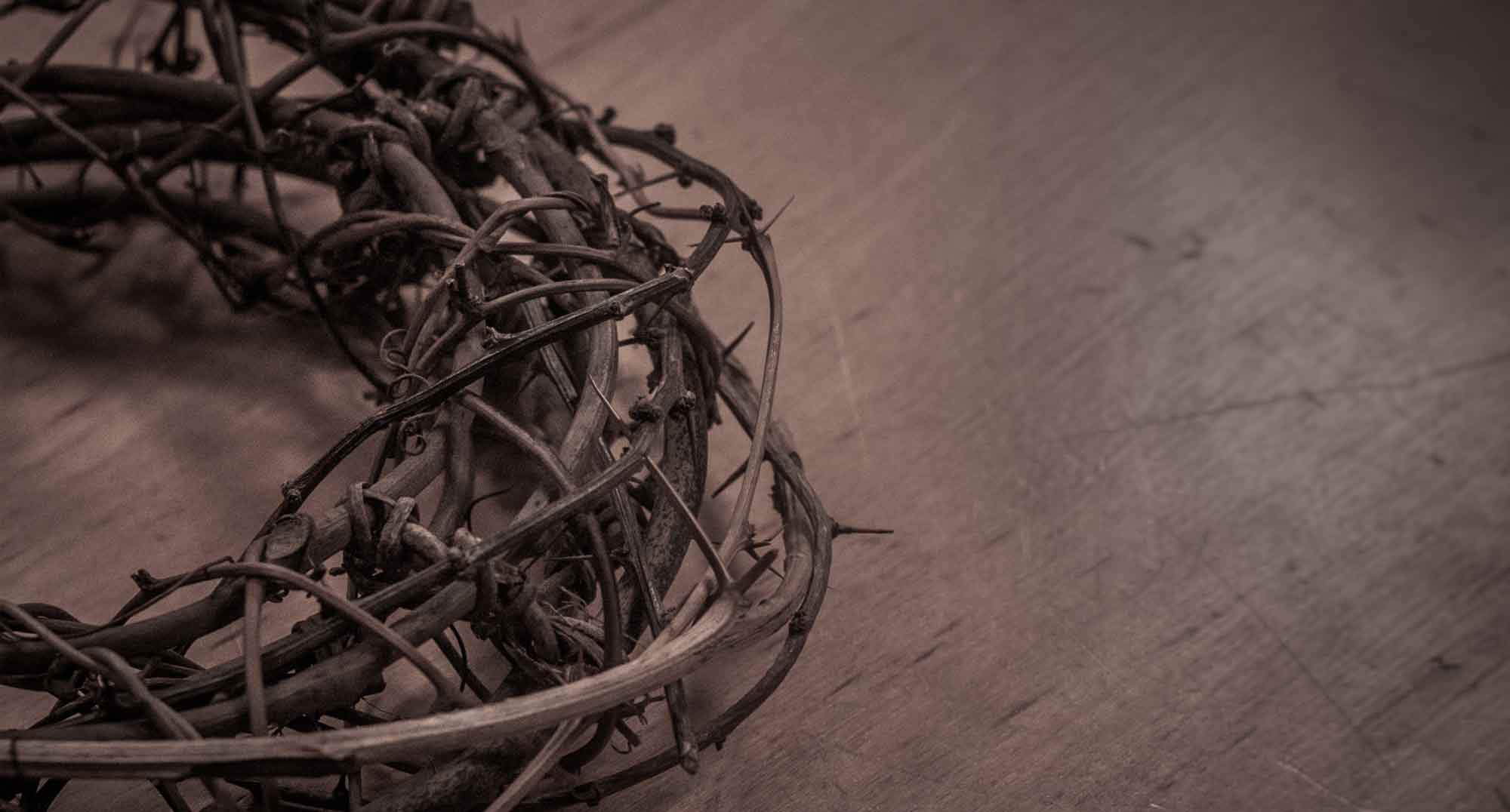The Lamb of God
SHARON ROCKWELL | CONTRIBUTOR Every year for Easter dessert my mother would use a special mold to create a cake shaped like a lamb lying down. The cake would be frosted with white icing and covered in coconut to resemble the lamb’s soft wool. This cake was eagerly anticipated by all of us kids, especially with hopes that one of us would get the head – it had the most frosting! The tradition that came from my father’s family was that the youngest child would be asked why we had a lamb cake for Easter dessert. One by one, each of us learned the proper answer, because “Jesus is the Lamb of God who takes away the sin of the world.” I admit that early on, I did not make the connection between the lamb cake and Jesus. I knew the story from Exodus. God orchestrated the Jews’ escape from the Egyptians by sending plagues to change Pharaoh’s heart. The last plague was the death of all of the Egyptians’, and only the Egyptians’, first-born. The Jews marked their door posts with lamb’s blood so that Death would “pass over” their homes. The plague convinced Pharoah to free the Israelites. Later I came to understand that God did not let the destroyer kill any of His people who believed (Ex 12:23), foreshadowing a time when Christ would protect His own who believed in Him. Much detail was provided to the Israelites regarding the preparation of the lamb to be sacrificed. Exodus 12:1-6 explains that families were to get a lamb on the tenth day of a certain month, examine it, and sacrifice it on the fourteenth. The lamb was to be without blemish. The Jewish families were to assure their lamb was perfect, a picture of what God demanded of their sacrifice in grateful thanksgiving for their deliverance from Egypt and a foretaste of the sacrifice of His sinless son for believer’s deliverance from sin and death...









